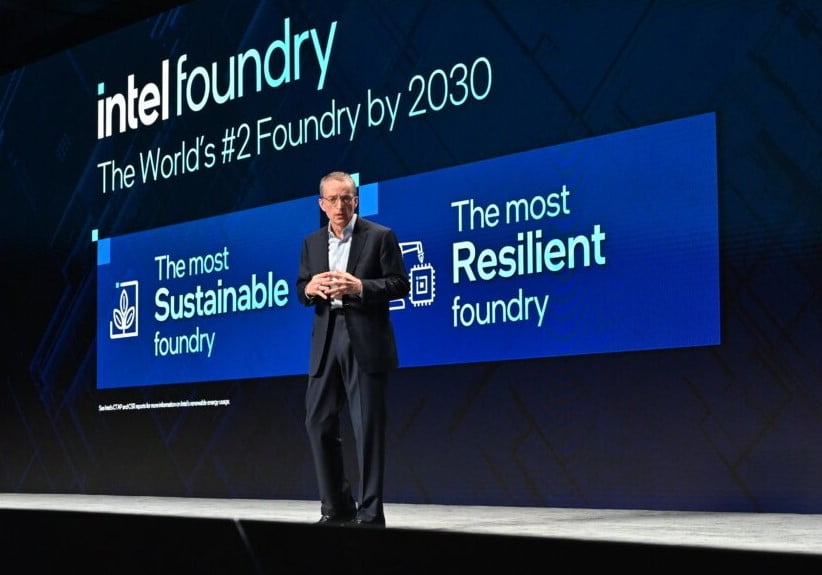After several weeks of speculation regarding various strategies to improve Intel’s financial situation, CEO Pat Gelsinger has officially communicated the necessary steps that the company will take to navigate these challenging times.
Key Focus Areas for Recovery
Gelsinger noted that a recent meeting with the Board helped pinpoint three main areas that will play a crucial role in Intel’s recovery.
To kick things off, Intel revealed two significant chip production partnerships aimed at utilizing the 18A nodes effectively. The collaboration with Amazon Web Services involves a multi-billion-dollar investment in chip designs, with Intel set to manufacture AI fabric chips for Amazon using 18A, 18AP, and 14A technologies. Additionally, there will be more Xeon Scalable processors built on the Intel 3 platform. Intel is also set to gain access to up to $3 billion in direct funding from the U.S. government’s CHIPS and Science Act, which is designed to enhance the domestic chip supply chain.
Establishing Independence for the Foundry Division
A critical development that is likely to address Intel’s urgent financial challenges is the decision to create an independent subsidiary for the foundry division. This move has been anticipated since Gelsinger became CEO, as discussions about a potential foundry spin-off have been ongoing, particularly in light of the company’s financial difficulties. Gelsinger indicated that this change is part of a governance framework that was established earlier this year when Intel began separating the profit and loss along with financial reporting for both the foundry division and Intel Products. By becoming an independent subsidiary, the foundry division will provide significant advantages for Intel, including tax benefits and loss limits, while also enhancing transparency for future customers and suppliers.
Gelsinger emphasized that the independent foundry division will retain its current leadership, reporting directly to him. However, similar to the parent company, it will also have its own board of directors.
Delays and Workforce Adjustments
As anticipated from the ongoing discussions, Intel will need to delay the opening of its advanced manufacturing plants in Poland and Germany by approximately two years. During this time, the Irish facility will serve as the primary European center, while the Malaysian site is set to receive upgrades, including a new advanced packaging factory. The previously announced expansions in Arizona, Oregon, New Mexico, and Ohio are still proceeding as planned.
Lastly, Gelsinger mentioned a workforce reduction of 15,000 employees, which is expected to save the company around $10 billion. This, along with a partial sale of the Altera stake, is aimed at improving Intel’s balance sheet and liquidity in the coming quarters.
via @harukaze5719


Leave a Reply